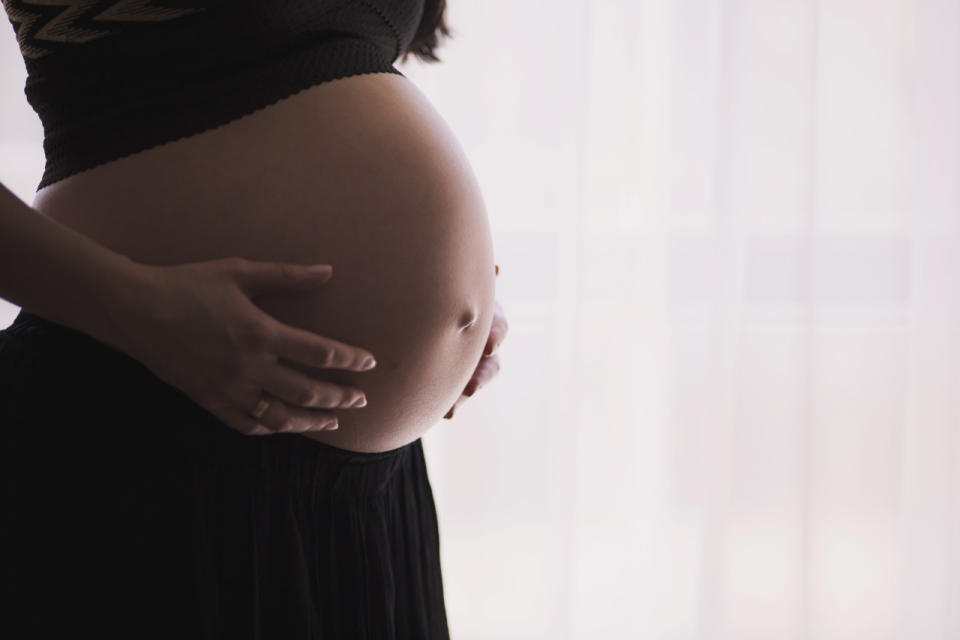Fertility Apps Aren’t All They’re Cracked Up To Be, Study Finds

[Photo: Pexels]
Trying for a baby is the mission of all missions, so you want to use every resource available to increase your chances of conceiving.
If you’ve been using a fertility app, however, you might want to consider this first: Research has found that many of them may be a load of rubbish.
A study, led by family physician Dr Margaret Duane and published in the Journal of the American Board of Family Medicine, took a closer look at 95 fertility apps.
Rating the apps for accuracy on a five-point scale based on 10 criteria used to avoid pregnancy, the researchers immediately ruled out 55 of the apps as they weren’t scientific enough.

[Photo: Pexels]
Then 10 of the remaining 40 were discounted as they didn’t track fertility.
Leaving 30 left. And of these, only six had either “a perfect score on accuracy or no false negatives (days of fertility classified as infertile)”.
Ouch.
Dr Duane noted: “The effectiveness of fertility awareness based methods (FABMs) depends on women observing and recording fertility biomarkers and following evidence-based guidelines.

[Photo: Giphy]
“When learning how to track your fertility signs, we recommend that women first receive instruction from a trained educator and then look for an app that scored four or more on mean accuracy and authority in our review.”
In other words, talk to an expert on how to get this whole fertility shebang right first, then pick the right app to use (here’s the full list).
What do you think about fertility apps? Tweet us at @YahooStyleUK.
Can Using Tinder-Style Job Hunting Apps Actually Get You Hired?
Olympian Gets Back Her Pre-Baby Body In 10 Months (And She Ate Chocolate Every Day)


